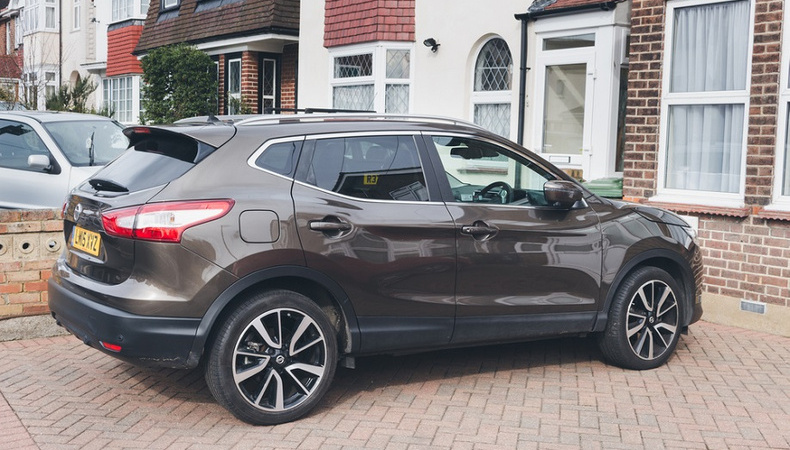Will increased hybrid working mean the end of company car benefits?
However, the start of the pandemic turned both the world of work and reward on its head as employees began splitting their time between the office and the home, and costly lease cars sat dormant on driveways across the UK.

The rise of hybrid working has come with a range of benefits for employees, such as an improved work-life balance, better wellbeing, and the ability to work smarter; but it may have sounded the death knell for company car schemes and car allowances.
Discussions between professional members on rebaLINK, REBA’s online member-only networking platform, reveals that many in the reward sector are asking the same question, as one member commented: “I have seen more organisations moving away from car allowances as fewer roles do business travel,” adding that they are instead offering a flexible benefits allowance worth 10% of salary, which can be used for green car schemes.
Scrapping cars for flexible benefits
This has been true for Sam Kitteringham, head of total rewards at Santec, who says many organisations are “looking at” whether maintaining company cars is a worthwhile benefit.
A combination of embracing a carbon reduction commitment and the pandemic bringing hybrid working to the fore, saw Kitteringham and her team decide against renewing car leases. The solution was a new flexible benefits allowance, which can be put towards a car on their newly-launched electric vehicle (EV) scheme, but they will no longer support a fleet.
“I don’t know how many [organisations] will be brave enough to say they won’t support a company car fleet,” Kitteringham told REBA. “If enough truly support hybrid working they will have to question why they are also offering a fleet.
“Less business travel is going to happen, so you need to consider what the benefit is of having a car. People are not travelling into the office so much, so it’s not going to be valued by employees going forward.”
According to analysis from Autocar, the pandemic put a question mark over the longevity of company car leases, however there is evidence to suggest that EV and hybrid car schemes have reinvigorated the benefit.
Rob East, BMW’s general manager for corporate sales, told Autocar that an “interesting trend” was taking place, whereby people were returning to company cars via plug-in hybrid or EV choices. He added that a “migration of people coming back into company cars” was taking place, and he predicted that there may be growth in the marketplace over the next three to four years.
An electric future
The electric and/or hybrid option for company cars has been a priority for Ian Davis, head of payroll and benefits at Direct Line, who is noticing an uplift in EV car schemes.
“When you look at any employee benefit publication or newsletter, there’s always another organisation that’s launched a new EV salary sacrifice scheme,” Davis told REBA. “Most companies are hot on Environmental, Social and Governance goals, so having a scheme that enables employees to get into an EV earlier than they would of done without the scheme, seems to be a hot topic.”
When asked if company car benefits are useful to employees in the new way of working, Davis explained that it depends on what schemes companies offer. He argues that perk schemes should be tailored to offer low emission vehicles because of whole life costs and Benefit in Kind (BiK) considerations.
“You can encourage people to be environmentally positive and keep an eye on the costs of the scheme too,” he said. “There will always be a pocket of companies that still offer some form of perk car scheme, we moved away from that in 2012, and our focus has been ensuring employees’ base pay is as good as we can get it.”
Davis also pointed out that the move to blended working means that EV is a more “attractive” option, because shorter journeys mean less opportunity for range anxiety – the fear of an electric vehicle will running out of charge – and employees are now more open to them as company cars.
Hybrid working may not have killed the company car scheme, but according to Davis, it has certainly kickstarted the road to electric. “There are always going to be people who are status driven and they want a certain make of car, but I think we will see more electric- only and low emission vehicle schemes over the next three to five years.”
The author is Elizabeth Howlett, associate content editor at REBA.






